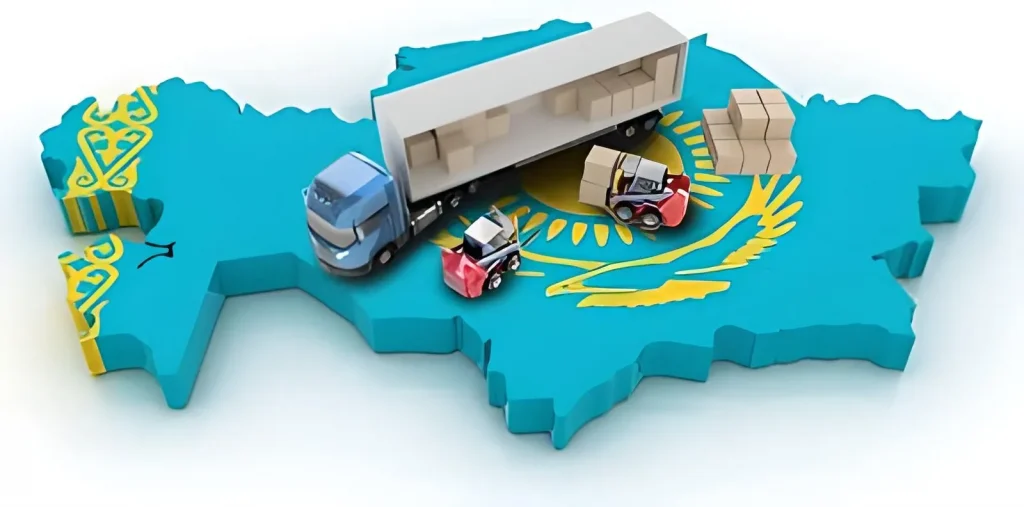
Kazakhstan aims to become a key logistics centre and transit hub that can provide landlocked Central Asian countries with access to global markets.
This was revealed by the country’s Minister of National Economy Alibek Kuantyrov (below) in an opinion piece published by Nikkei Asia.
“Efforts are being made to improve border crossing procedures and reduce transit times and costs,” he said. “Alongside physical connectivity, we are also working on improving the business environment.”
To attract investment and promote trade, Kazakhstan needs a favourable regulatory and legal framework, efficient customs procedures and reliable protection of intellectual property rights. It is working to strengthen these areas and also its digital connectivity to facilitate e-commerce and digital trade in the post-pandemic world.
Kazakhstan will launch the Astana International Forum next month to bring together politicians, business leaders, scholars and experts from around the world to discuss key issues, including economic development, trade and investment.
“Within the forum, we will exchange ideas, share best practices and develop concrete proposals to promote greater integration, not only in Central Asia but also worldwide,” said Mr Kuantyrov. “The forum will demonstrate the economic potential of Central Asia to the world, helping to attract interest and investment.”
In the spirit of creating a new regional political environment prioritising cooperation and prosperity, Kazakhstan is collaborating closely with its neighbours and partners to promote initiatives that strengthen ties.
“We are also making use of other dialogue platforms, such as the EU-Central Asia Summit held for the first time in October and this week’s inaugural China-Central Asia Summit, each of which can enable work on collaborative solutions,” said Mr Kuantyrov.

Already, a number of initiatives aimed at deepening economic cooperation and using the region’s comparative advantage in global markets have been implemented.
Central Asian countries, along with Azerbaijan, have launched the Trans-Caspian International Transport Route.
The Central Asia Regional Economic Cooperation Programme, meanwhile, is bringing together 11 countries to promote regional connectivity, focusing on the priority sectors of transport, energy, trade facilitation and trade policy.
“Investment in transport infrastructure is necessary for achieving greater regional integration,” said Mr Kuantyrov. “This will include the construction of new highways, railways and intermodal logistics centres.”
Kazakhstan is also investing in sustainable development and addressing the negative consequences of climate change on agriculture and water security.
“We recognise that economic growth must be inclusive, environmentally sustainable and socially responsible,” said Mr Kuantyrov. “Therefore, we aim to support programmes that contribute to the adoption of sustainable business practices.
“Central Asian economic cooperation and connectivity are necessary to unlock the full potential of our region’s economies. By strengthening interconnectivity between countries, facilitating trade and investment and improving the business environment, we can create a more prosperous and integrated Central Asia for the benefit of our people and the world.”






